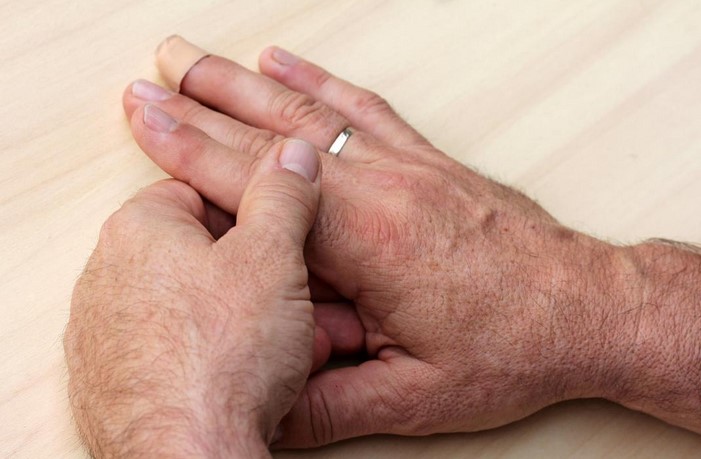
finger swelling is a common condition that can be caused by a variety of factors. It can be uncomfortable and even painful, but there are ways to alleviate the swelling. In this article, we will discuss the common causes of finger swelling and how to alleviate it. We will also discuss when to seek medical attention for finger swelling. By understanding the causes and treatments of finger swelling, you can take steps to reduce your discomfort and improve your overall health.
What Causes Finger Swelling and How to Treat It?
finger swelling is a common condition that can be caused by a variety of factors. It is important to identify the underlying cause of the swelling in order to determine the best course of treatment.
Common causes of finger swelling include injury, infection, arthritis, and allergies. Injury to the finger can cause swelling due to inflammation and fluid buildup. Infection can cause swelling due to the body’s response to the infection. Arthritis can cause swelling due to the inflammation of the joints. Allergies can cause swelling due to the body’s response to the allergen.
Treatment for finger swelling depends on the underlying cause. If the swelling is due to an injury, rest and ice can help reduce the swelling. Over-the-counter anti-inflammatory medications can also be used to reduce inflammation and swelling. If the swelling is due to an infection, antibiotics may be prescribed to treat the infection. For arthritis, medications such as nonsteroidal anti-inflammatory drugs (NSAIDs) can be used to reduce inflammation and swelling. For allergies, antihistamines can be used to reduce the body’s response to the allergen.
In some cases, surgery may be necessary to treat finger swelling. Surgery may be used to repair damaged tissue or to remove an infection.
If you are experiencing finger swelling, it is important to seek medical attention to determine the underlying cause and the best course of treatment.
Understanding the Different Types of Finger Swelling and How to Manage It
finger swelling is a common condition that can be caused by a variety of factors. It can range from mild to severe and can be accompanied by pain, redness, and warmth. Understanding the different types of finger swelling and how to manage it can help you get the relief you need.
The most common type of finger swelling is edema, which is caused by fluid buildup in the tissues. This type of swelling is usually caused by an injury or infection, and can be accompanied by pain, redness, and warmth. Treatment for edema typically involves rest, elevation, and compression. Over-the-counter medications such as ibuprofen or acetaminophen can also help reduce swelling and pain.
Another type of finger swelling is arthritis. This is caused by inflammation of the joints, which can be caused by a variety of factors, including age, injury, or infection. Treatment for arthritis typically involves medications such as nonsteroidal anti-inflammatory drugs (NSAIDs) or corticosteroids. Physical therapy and lifestyle changes such as weight loss and exercise can also help reduce swelling and pain.
In some cases, finger swelling can be caused by an underlying medical condition such as gout or carpal tunnel syndrome. Gout is caused by a buildup of uric acid in the joints, while carpal tunnel syndrome is caused by pressure on the median nerve in the wrist. Treatment for these conditions typically involves medications, lifestyle changes, and physical therapy.
Finally, finger swelling can also be caused by an allergic reaction. Allergic reactions can be caused by a variety of things, including certain foods, medications, or environmental allergens. Treatment for an allergic reaction typically involves avoiding the allergen and taking antihistamines or other medications to reduce swelling and itching.
No matter what type of finger swelling you are experiencing, it is important to seek medical attention if the swelling does not improve with home treatment. Your doctor can help diagnose the cause of your swelling and recommend the best treatment plan for you.
Conclusion
finger swelling can be caused by a variety of factors, including injury, infection, and medical conditions. In most cases, the swelling can be alleviated with rest, elevation, and ice. If the swelling persists or is accompanied by other symptoms, it is important to seek medical attention. With proper diagnosis and treatment, finger swelling can be managed and relieved.